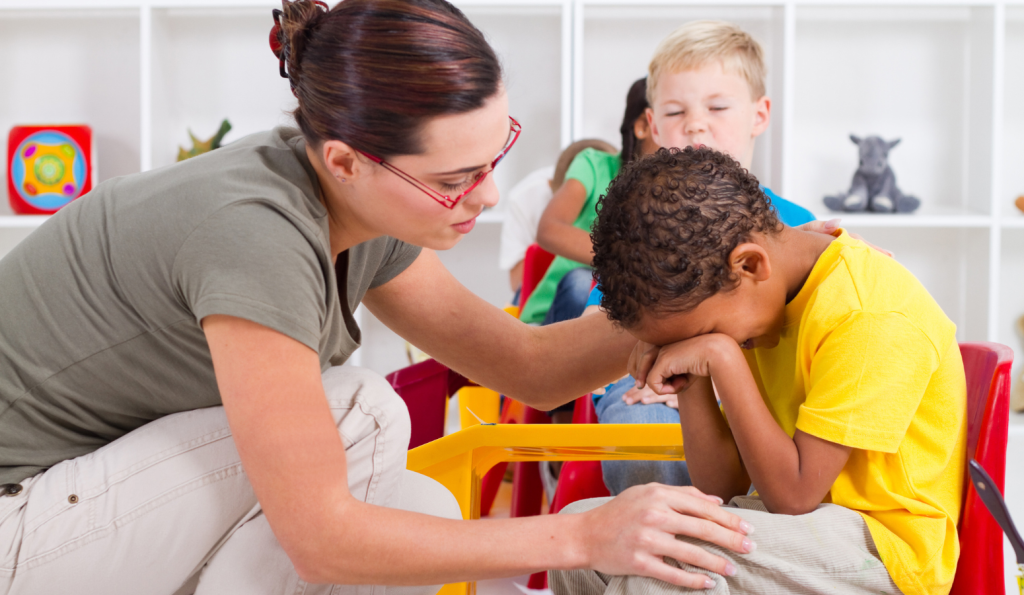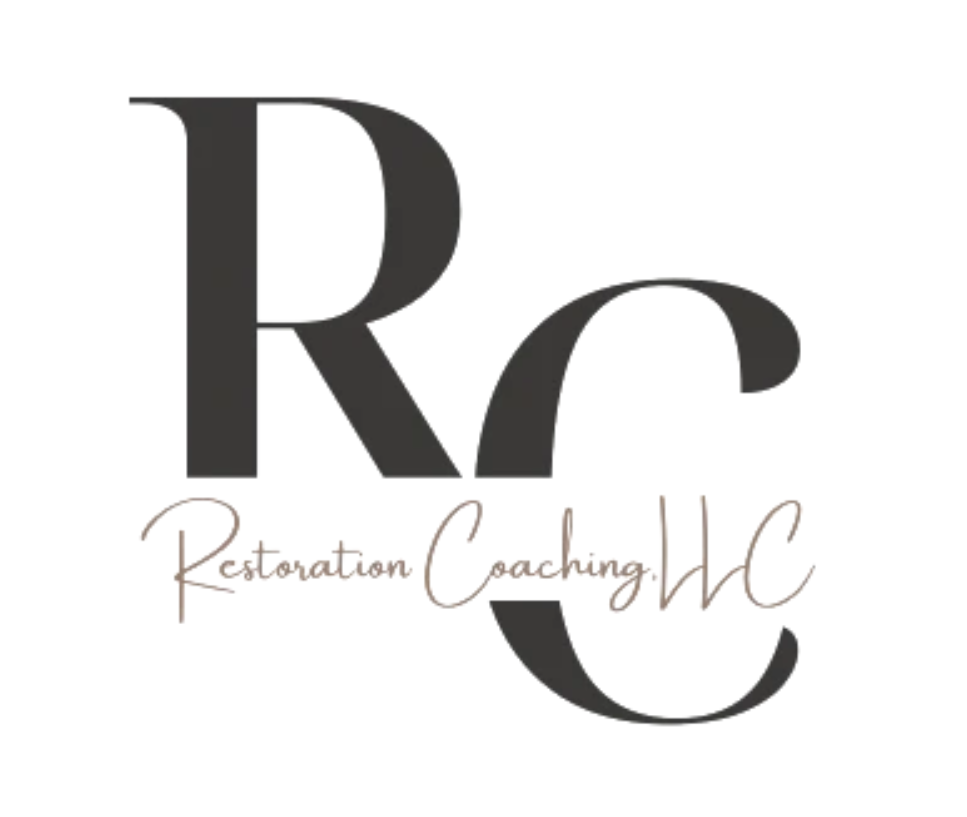By Janecia Rolland, MFT/PCC
March 04, 2025

Explore the real work behind trauma sensitivity—from intentional leadership to systemic accountability—and why it’s about more than just good intentions.
“Trauma-informed” is everywhere. It’s on professional development agendas, embedded in mission statements, and plastered across school improvement plans. And while it’s encouraging to see the term gaining visibility, there’s a hard truth we can’t ignore:
Being trauma-sensitive isn’t about checking a box—it’s about changing a culture.
Too often, schools adopt trauma language without fully shifting the systems that continue to retraumatize students and staff. When trauma-informed practices are treated as a buzzword instead of a belief system, we risk doing more harm than good.
Trauma Sensitivity Is a Systemic Commitment
Creating a trauma-sensitive school isn’t just the responsibility of a school counselor or wellness coordinator—it’s a collective commitment. It means:
- Leaders rethink policies that prioritize punishment over support.
- Teachers understand how trauma affects regulation, relationships, and learning.
- Staff are trained to recognize their own triggers and practice emotional regulation.
- Students are empowered with language, tools, and consistent boundaries that support their safety and agency.
This work is not soft. It’s structured, intentional, and deeply relational. It requires us to look inward and ask: What are we reinforcing? Who are we centering? What are we willing to change?
What Trauma-Sensitive Practice Actually Looks Like
It looks like removing exclusionary discipline policies that disproportionately impact Black and Brown students.
It looks like teachers being trained not just on brain science, but on implicit bias and racial trauma.
It looks like staff meetings that prioritize wellness over data dumps.
It looks like classrooms where students are seen first as humans, not problems to solve.
And most importantly, it looks like consistency. Because trauma-informed without follow-through becomes just another promise that falls flat.
It’s Not About Perfection. It’s About Awareness and Action.
I always remind the educators and leaders I work with: you don’t have to get it all right to be trauma-sensitive. But you do have to stay reflective, stay accountable, and stay committed.
That means:
- Centering relationships over rules
- Valuing student voice and cultural identity
- Addressing adult wellness with the same urgency as student support
- Co-creating spaces where repair is possible and dignity is preserved
Moving From “Buzzword” to Real-World Practice
Trauma sensitivity is not a one-day workshop. It’s a practice, a mindset, and a promise. When schools embrace this work with authenticity and courage, real transformation happens—not just for students, but for everyone in the building.
If you’re ready to move beyond the buzzword and build a trauma-sensitive culture rooted in empathy, equity, and evidence-based practice—I’m ready to walk alongside you.
📩 Contact me to learn more about trauma-informed trainings, restorative coaching, and creating sustainable systems that truly support the whole person.

